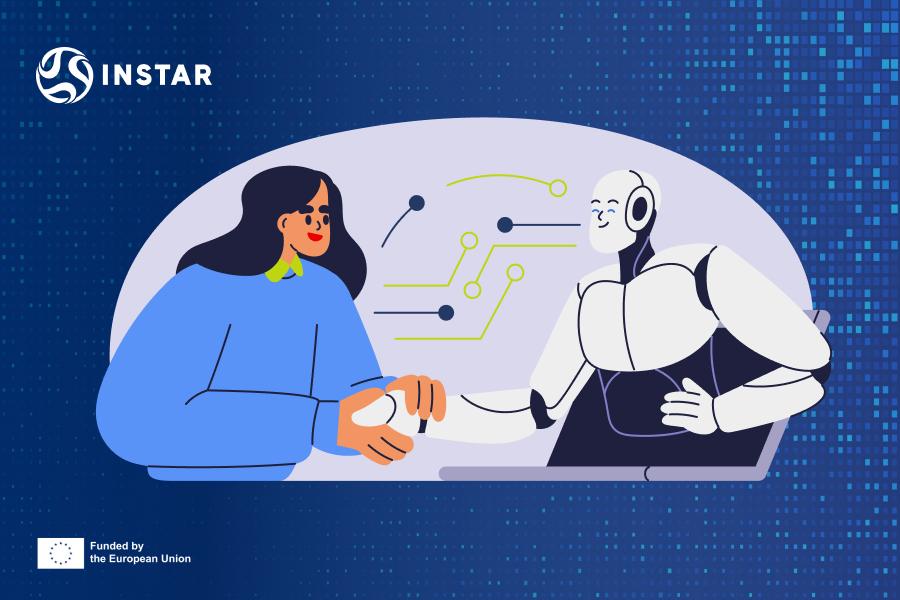Human-machine teaming (HMT) is no longer a future vision, it's becoming a priority in AI standardisation. That urgency was clear at the Workshop on Human-Machine Teaming, held on 24–25 June 2025 at the TUM Think Tank in Munich.
The event brought together leading voices from the Japan delegation representing ISO/IEC SC42 and Europe to explore how humans and AI systems can effectively collaborate. Organised by AIST (Japan’s National Institute of Advanced Industrial Science and Technology) and the Technical University of Munich, the workshop addressed ethical, technical, and governance aspects of HMT with a sharp focus on use cases and emerging standards.
Topics ranged from smart surgical theatres to AI-supported lifeguarding, from avatars in future societies to generative AI in operational settings. These diverse examples revealed one common thread: the need for clearer frameworks, shared definitions, and more inclusive standards that account for the complexity of human-AI collaboration.
INSTAR’s Contribution
The workshop was also shaped by the presence of Erwin Schoitsch (AIT), leader of the AI Task Force in the INSTAR project. He delivered a talk on INSTAR’s AI “Priorities for International Collaboration in AI Standardisation” (AI-PICS), which explicitly identifies human-machine teaming as a strategic area for new standards.
Two key ISO/IEC work items, AWI 25589 (Framework) and TR 42109 (Use Cases), were central to the conversation. These efforts, already supported by the INSTAR PICS, are laying the groundwork for how HMT will be implemented and assessed in the coming years.
Crucially, INSTAR’s input helped shape the panel’s conclusions:
HMT is missing from many existing AI-related standards.
Ethical and practical guidance must be made accessible, especially for SMEs.
Domain-specific standards (e.g. robotics, smart manufacturing) should include clauses or references to HMT.
The workshop made one thing clear: human-machine teaming is not just a technical challenge. It’s also about social trust, legal accountability, and real-world impact.
As INSTAR continues to push for internationally aligned standards, workshops like this are vital touchpoints. They help connect policy with practice, and ensure that future standards are grounded in both innovation and responsibility.
